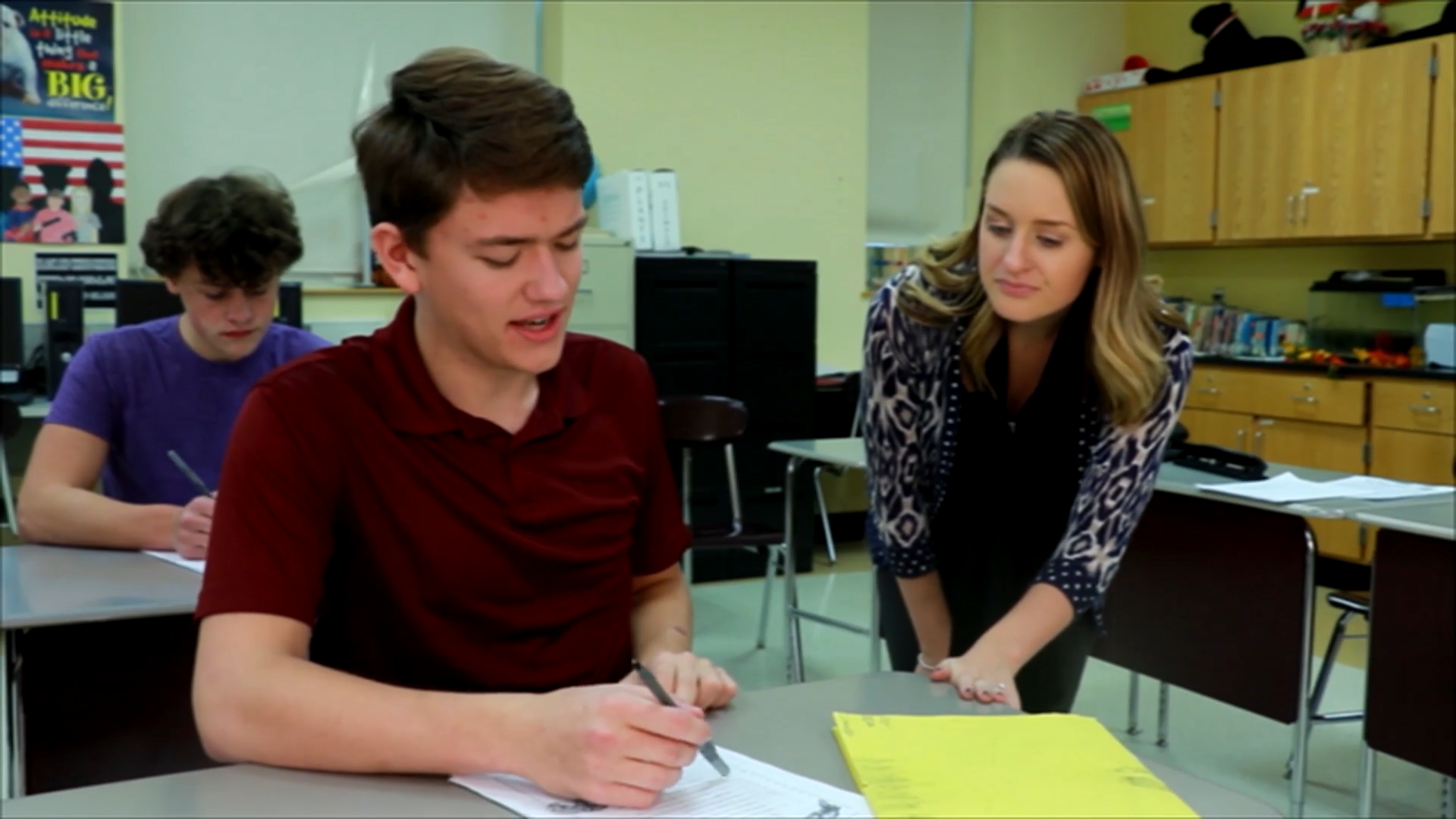
Introduction
As educators, we understand the importance of fostering a supportive classroom environment where students feel comfortable asking for help. When students seek assistance, they not only develop problem-solving skills but also improve their communication and social-emotional abilities. This blog post will outline an easy-to-implement activity that requires no preparation or materials, provide discussion questions to stimulate further conversation, and mention related skills students can develop. Finally, we’ll guide you on how to access free sample materials to help you continue building these essential skills in the classroom.
No-Prep Activity: The Help-Seeking Challenge
Encouraging students to ask for help can be achieved through a simple, no-prep activity called the Help-Seeking Challenge. This activity encourages students to seek assistance when they encounter difficulties, promoting a supportive classroom environment and enhancing their social-emotional learning.
Instructions:
- Explain to students that they will participate in a challenge where they must ask for help when they face a difficulty.
- Throughout the day or week, encourage students to ask for help when they need it, either from their peers or the teacher. Remind them to be specific about the issue they are struggling with.
- At the end of the challenge, gather the class and ask them to reflect on their experiences. Discuss how asking for help made them feel and how it impacted their learning.
Discussion Questions
Use the following questions to stimulate further discussions about the importance of asking for help and its connection to social-emotional learning:
- Why do you think it’s important to ask for help when you’re struggling with something?
- How does asking for help improve your communication and collaboration skills?
- Can you think of a time when you asked for help and it positively impacted your learning? How did it make you feel?
- Why might some students feel hesitant to ask for help? How can we create an environment where everyone feels comfortable seeking assistance?
Related Skills
Beyond encouraging students to seek help, there are other valuable skills that contribute to social-emotional learning and personal growth. Some of these skills include:
- Active listening: Developing the ability to genuinely listen to others and respond empathetically.
- Conflict resolution: Learning how to navigate disagreements and find solutions that benefit all parties involved.
- Emotion regulation: Cultivating the ability to recognize and manage one’s emotions in a healthy manner.
- Resilience: Building the capacity to cope with challenges and adapt to change.
Next Steps
Now that you have an understanding of the importance of encouraging students to seek help and its connection to social-emotional learning, it’s time to take the next step. To access free sample materials that will help you continue fostering these essential skills in your classroom, visit Everyday Speech’s sample materials page. These resources will provide you with the tools you need to create a supportive learning environment and empower your students to thrive.

